9 TIPS ON HOW TO RELEASE A COVER SONG LEGALLY
September 5, 2024
Although there are plenty of benefits to recording and releasing a cover song (especially for sync licensing), many artists never do. This is usually due to the concern regarding the legalities of releasing a cover of another person’s composition.
However, covering a song legally is not as daunting as one might think. If done properly and ethically, the rewards of such a release can really benefit an artist’s career.
Why Release a Cover Song?
There are a number of reasons why one may want to legally record and release a cover song. First, covering a well-known song, especially a current hit, is a great way to capitalize on an already attentive audience and introduce yourself to a larger fan base.
Not only that, but many music supervisors actually seek out cover song licensing for TV or film. This is something we’ve talked about in the past and you can delve a little deeper into the benefits of a cover song in our previous post on the subject here: “How we placed this song for five figures“. Also, check out our post on How To License Christmas Songs In July.
Below are our top tips for legally releasing a cover song.
1. You Don’t Need Permission to Cover a Song
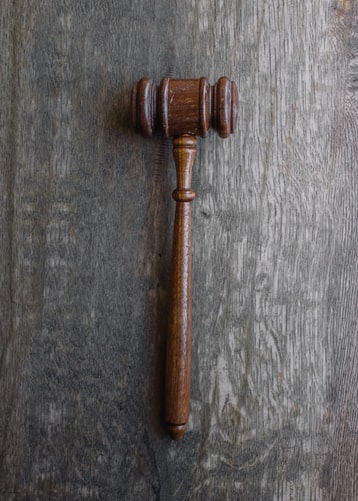
A common misconception in the music industry is that you need to receive permission from the original composer in order to record a cover version of their song. However, US copyright law makes it much easier than that for artists wishing to cover a piece of music.
This is made possible by a concept known as “compulsory licensing.” Compulsory licensing basically states that the owners of a song can’t deny you releasing a cover song (your own interpretation). However, you must do two things if you wish to go this route.
1. First, you must notify the owner of your intent to cover the song. Once again, this isn’t asking for permission; it simply lets them know what’s going on with their composition.
2. Second, you must pay a specific royalty rate per song being purchased or downloaded. The current royalty rate is 12.4 cents per unit for music under 5 minutes, and for songs over 5 minutes, the rate is 2.38 cents per minute (or a fraction thereof).
We’ll dig a little deeper into how to pay this rate and what it covers in our next cover song tip.
2. Obtain a Mechanical License for Online Releases
The royalty rate that you need to pay for covering a song legally is known as a cover song “mechanical license.” This allows you to make and sell “phonorecords” of a song, originally composed by another artist.
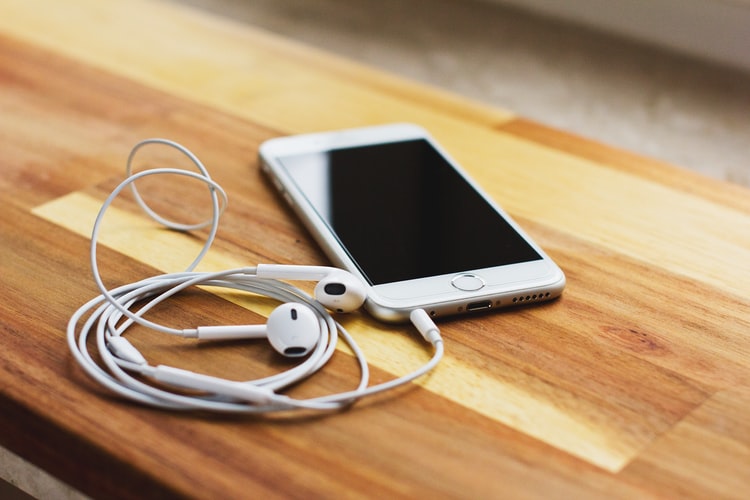
Originally, a phonorecord referred to any physical recording of a song such as CDs, cassette tapes or vinyl. However, with the Internet, that term now extends to digital downloads such as MP3s sold on your website or through another platform like Bandcamp.
There are numerous services out there that help you to obtain a cover song mechanical license and pay the required royalty rate. The primary organization doing this is known as the Harry Fox Agency (HFA).
HFA is a massive organization currently handling over 100,000 catalogs for some of the biggest music publishers in the US. Their large network simplifies the process to make it easy for artists to obtain a cover song mechanical license and pay fees. HFA is one option for obtaining a mechanical license, but services like EasySongLicensing.com or platforms like DistroKid make the process even easier for independent artists.
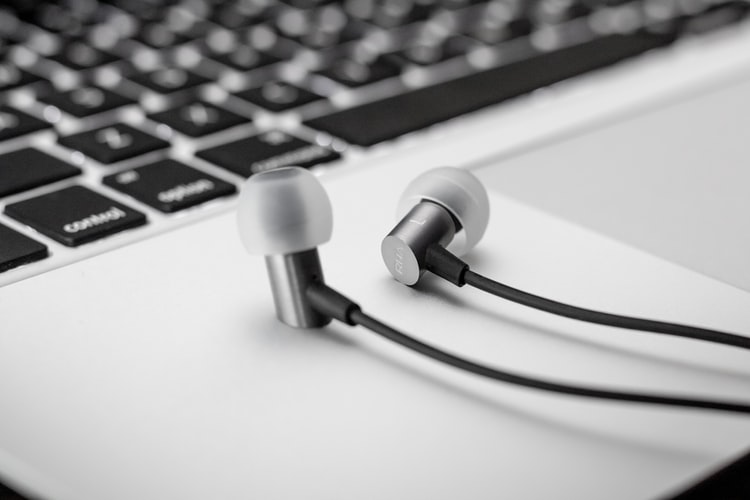
This organization requires you to let them know the number of physical versions being pressed or expected download sales. You then pay the fee for that number up front. So, if you expect to sell 1,000 units, at a 12.4 cents royalty rate you would have to pay $124.
For digital downloads, you’re required to keep track of how many downloads have been made. Once you reach the number of unit sales estimated, whether physical or digital, you will be required to purchase more mechanical licenses and pay additional fees.
Although HFA offers a straightforward way to license tracks, there are cases where they may not be able to obtain a cover song mechanical license.
In these scenarios, services such as EasySongLicensing.com will help you obtain a cover song mechanical license for any song. The catch is that in addition to paying the royalty rate, you’re also required to pay the company a fee.
3. Make Sure It’s Actually a Cover
If you want to legally release a cover song, it’s important to confirm that what you’re recording is actually a cover. That is to say, you can’t stray too much from the structure of the original song.
If you want to easily obtain the proper cover song licensing, you have to more or less stick to the original lyrics, melody, and meaning of the song.
The cover song tips in this guide are targeted at artists doing just that. Parodying, sampling, or making a medley of songs is a different ballpark and the process of legally releasing these differs.
Therefore, before you even begin clearing your cover song, be sure that what you’re recording is legally considered a cover.
4. Digital Aggregators Handle Heavy Lifting for Streaming Release
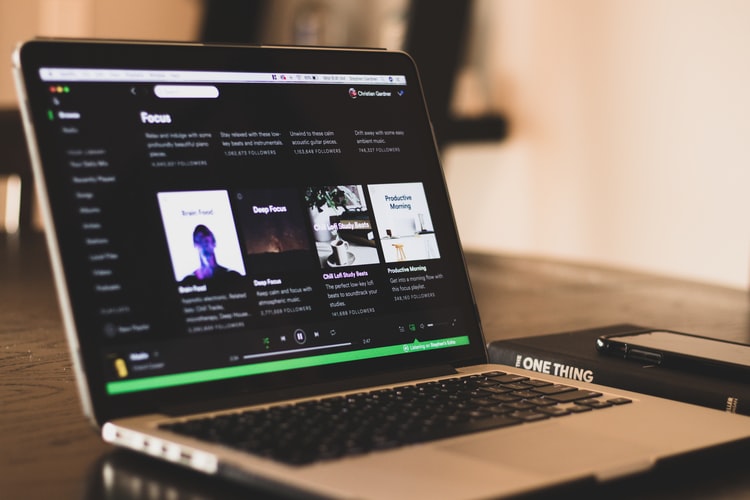
A cover song mechanical license works great for releases where people will be purchasing the music. However, it doesn’t apply to streaming services. In these cases, an additional streaming license is required.
Thankfully most major digital aggregators such as CD Baby and DistroKid make this really easy.
They offer services that for a fee will distribute your cover song to all major streaming platforms, notify the composer/publisher of its release, pay the necessary licensing fee, and take care of all the other legal red tape involved with releasing a cover song on a streaming platform.
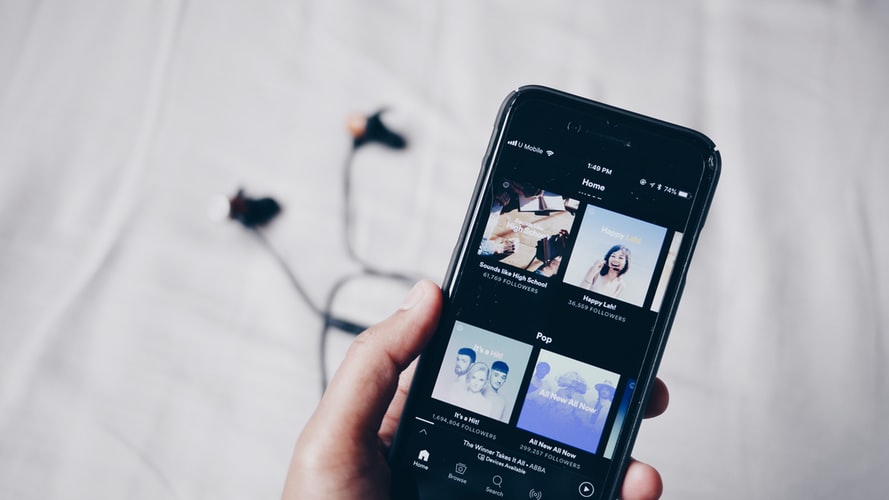
Another major player in cover song licensing and digital distribution is Soundrop. They’re a digital aggregator and music licensor with a primary focus on cover songs.
They license and distribute cover songs for a low fee and provide helpful resources for online releases.
5. Obtain an ISRC CODE
When distributing an original or a cover song, systems need to be able to differentiate your version from others. On top of that, you don’t want your cover song getting confused with others of the same name.
This is where it can be very important to obtain an International Standard Recording Code or ISRC. An ISRC is the primary system in the recording industry for identifying a specific recording, not the composition itself.
Outside of cover songs, artists may use this to differentiate between a studio recording and a live recording, for example.
Digital distributors will require an ISRC code to make sure everyone who should be getting paid from a recording will get paid. In addition, it’s important to embed an ISRC code into the digital download files being sold.
There are plenty of people claiming to issue ISRCs online. However, you don’t want to mistakenly receive the same ISRC as another song. Therefore, only acquire ISRC codes from official ISRC managers.
Check out the video below for a quick run-down on ISRC codes.
6. A Music Video Requires a Sync License
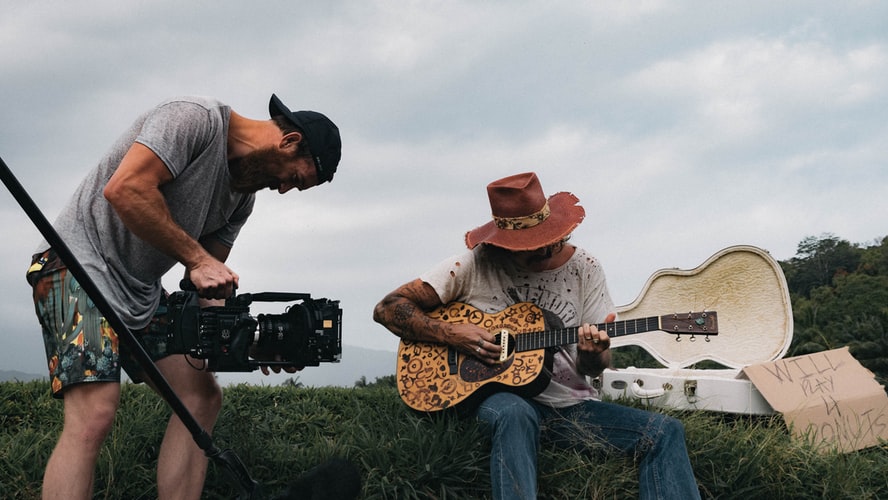
When you release a cover song as an audio recording and obtain a streaming license or a cover song mechanical license, there’s still more red tape involved if you want to legally release a video of the song. Videos for cover songs also require a synchronization (sync) license.
Obtaining this can be much more involved than the cover song mechanical license. You need to go straight to the music publisher or composer for their permission.
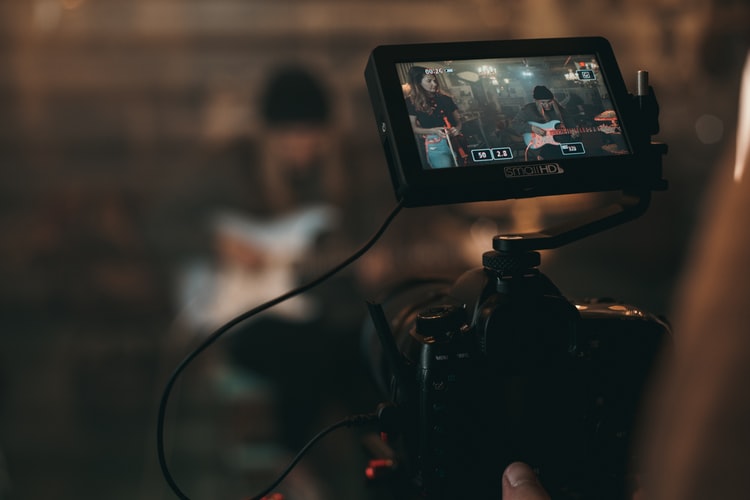
You then submit a formal request and get quoted a licensing fee to use the song. Even if they agree to your request, the fees may be high.
For platforms like TikTok, YouTube Shorts, or Instagram Reels, major publishers often have pre-negotiated licenses, but this doesn’t replace the need for proper sync licensing if you’re monetizing directly.
There are services out there to assist you in this process, but this may be the least of your worries, depending on the situation in which a video is being released. More on that in the next two cover song tips.
7. YouTube and Its Content ID System Are Your Friends
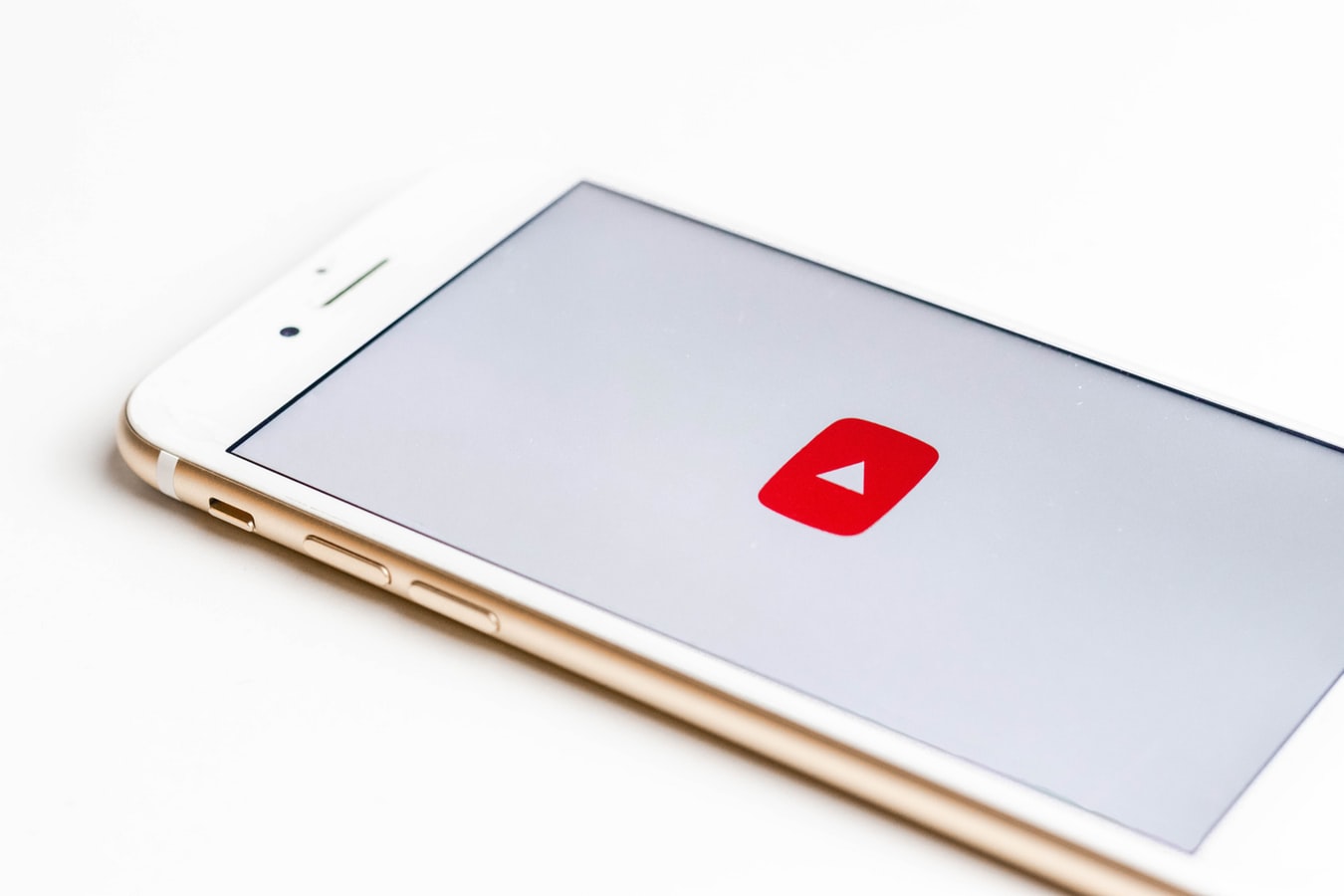
If a sync license is required to put a cover of a song to video, you may be wondering how all the artists made famous from covering pop songs on YouTube obtain one.
The short answer is that they don’t. There technically is a risk to posting a cover song on YouTube, but the most likely scenario is that the original artist will just claim the revenue and let you leave the song up. In short, this means you probably won’t make a lot of money from posting cover songs on YouTube, but you can build your audience by posting songs that people are already searching for.
So, what is YouTube’s Content ID system and how does it work?
YouTube has a system known as the ‘Content ID’ system, which is an automated system that helps copyright owners identify where their content is being used and to gather the revenue earned.
What this means is when you upload a cover song to YouTube, the Content ID system’s automated algorithm will determine whether the song you uploaded is a cover song or not, and if it determines that your video contains music from a song that is associated with a Content ID, it will claim the video for the Content ID holder.
The most likely scenario is that the copyright holder will allow you to showcase this content, but they will be taking all of the money earned from it.
In order to be able to claim the revenue for yourself from a cover song, you will need explicit written consent from the copyright holder(s).
One thing to be aware of is that there is a small chance that if the copyright owner does not like your video that they may issue a copyright strike and have your video removed. Luckily, this is rare, but unfortunately, you probably won’t know until it happens.
If a copyright strike occurs, note that they are temporary and typically expire after 90 days. Ensure no additional strikes occur to avoid account issues.
8. How Music Supervisors Handle Cover Song Licensing for TV & Film
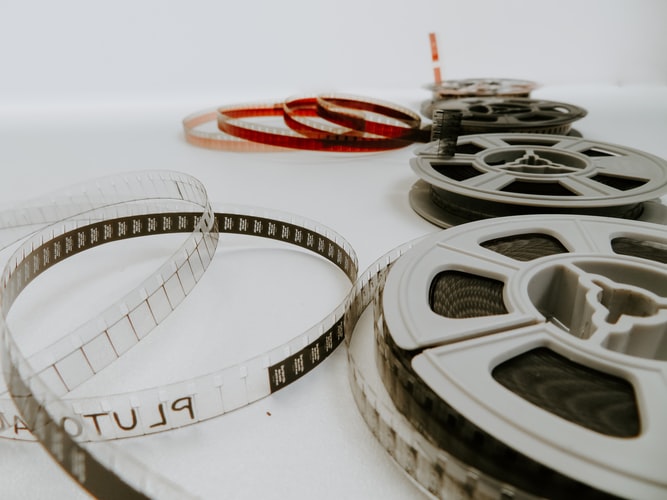
As mentioned in previous posts, music supervisors love using cover songs for TV and film. This is for a number of reasons, but primarily it’s cheaper for them to pay you what’s known as a “master use fee” to use your version, rather than use the original version often owned by a major record label.
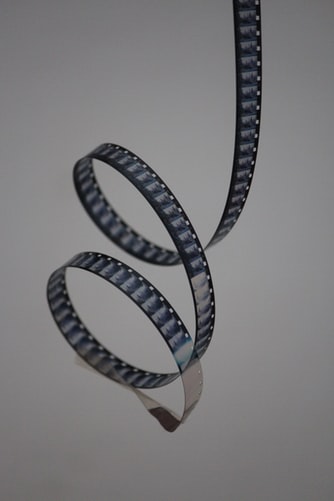
A sync license and fee payable to the publisher are still required to place (or “sync”) the music to any form of video; however, in this scenario, it’s the job of the music supervisor to negotiate with all parties involved and pay the necessary fees.
The great news about this is that legally placing your cover song in TV or film will cost you nothing. As long as you own the master recording of your cover version, the placement could actually make you a fair amount of money!
9. Harder Areas to Release a Cover
A lot of the laws surrounding copyright were put in place at a time before the Internet or before society had a full understanding of its relevance in the industry. Because of this, there are some grey areas when it comes to using a song on certain online platforms where licensing can be tricky.
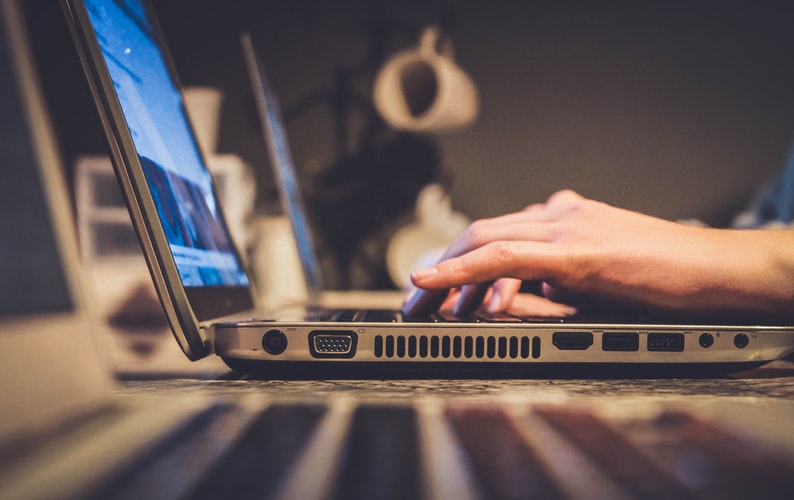
These include platforms that don’t pay out any royalties to the artists such as SoundCloud, Facebook, or Instagram. In addition to this, if you intend to stream the song on your personal website or wish to use it in a podcast, further licensing and permissions are required.
Platforms like Facebook, Instagram, and TikTok have improved their licensing deals with major labels, making cover uploads more accepted. However, copyright detection systems can still mute or remove content. Be cautious and understand platform-specific rules before posting.
We could dedicate an entire blog post of its own to this topic, so we won’t delve too far into the details. If you don’t want to jump through all the extra hoops to legally clear a cover song for these scenarios, stay away from releasing them on these platforms. At the very least, educate yourself on the risks that may be involved when doing so.
Conclusion
There are plenty of benefits to releasing a cover song legally but it’s important to consider all the legal matters before you do. Although it may seem like a lot at first, the process of clearing a cover is really quite simple.
Remember that anyone can cover a song without permission as long as the proper license is obtained.
- A mechanical license is required for selling songs online or in physical format.
- When releasing a cover on streaming platforms, let a digital aggregator take care of the legal matters.
All of this is awesome for music releases, but there are additional things to consider when releasing a cover song with a video.
- You would need to obtain a sync license to release a cover song to video.
- However, if the video is being released on YouTube, their Content ID system may have you covered.
Finally, if the cover song is being sent to a music supervisor for TV or film, you probably don’t have to worry about the sync license. In this case, it’s the music supervisor’s job to take care of the negotiations with you and the publisher.
About Sync Songwriter
Sync Songwriter was created by Chris SD, a JUNO award-winning music producer.
Our mission is to not only help independent artists and songwriters learn and understand the sync licensing world but to also help them build relationships with music supervisors.
Our goal is to teach you how to be a sync licensing professional and then introduce you to top music supervisors looking for music.
We can show you what you need to do and more importantly, what not to do when preparing and pitching your songs to music supervisors. We’ll also show you how to find the right sync placement opportunities for your music.
Music supervisors looking for music are the gatekeepers of the songs that make it into TV shows, films and ads.
At Sync Songwriter, we introduce you to some of the industry’s top music supervisors because building relationships is vital to your success in sync licensing.
Leave a Reply
Hey! Give us a shout about anything really.
contact Sync Songwriter
Our goal is for you to start getting your music into TV & film.
I am glad I read this. Thank you.
Glad to hear you enjoyed it, Dennisio. Cheers!
Very informative! Thanks for posting this.
Thanks, Chris. Glad you enjoyed it!
Brother, you are on time with all the information you have shared with me over the past few months. It seems that every time I am facing a challenge, you provide tangible options / solutions. I am a firm believer that there is a telepathic; if not a spiritual connection thru music, Gratitude.
Wow – that’s wonderful. Happy to hear the blogs have been helpful for you. Cheers, Terry!
Dope. exactly what I needed to know!
Perfect – Great to hear, Gordon!
Great post, thank you!
Thanks for reading! Cheers!
Super informative Chris ….thx for that post 🙂
Glad to hear you enjoyed it, Mathias. Cheers!
Hi Todd
Regarding copyright issues, what about in a live stream where a person plays and records his own version of a cover song while taking tips, and then later the video is posted for playback later? Wouldn’t that require a sync license to stream out video and then have the video archived to the public on Twitch, YouTube and Facebook?
Some say "it’s fine nobody will bother you," others say "don’t do it." The remainder say "I don’t know."
Mark Wesley Curran
Hi Mark – Excellent question!
For live streams, platforms like Twitch, YouTube, and Facebook usually have blanket licenses with Performance Rights Organizations (PROs) like ASCAP, BMI, or SESAC, which cover live performances of copyrighted songs. This means you can perform cover songs without needing a separate performance license, as long as the platform’s license covers the song’s copyright holder. Hope that helps!
Thanks!
🙌
Great info source for beginners like me!
Great to hear, Jerry! Cheers!
Great info source for beginners like me!
I’d like to know how to get the background music to cover popular songs. All I’ve found in backing tracks is unknown stuff or horrible karaoke versions. Where can you get original music tracks of popular songs without the singer? I keep searching the net but I must be doing it wrong.
Using original tracks requires an additional license. Typically people would play their own interpretations on instruments rather than looking for the original backing tracks (because then it’s not really a cover in a sense). This is basically a type of sampling which artists don’t have to allow you to do.
That could get you in trouble as they are not your own recordings. Either do your own or pay someone to do it for you. What do you need recorded? I may be able to help.
That could get you in trouble as they are not your own recordings. Either do your own or pay someone to do it for you. What do you need recorded? I may be able to help.
Hi James – great question! Without a license and permission from the owners of the original master recording to reuse the backing track of the song you are referring to, you would need to have your own backing track produced for you to be able to publish a cover legally. I’d recommend looking into producers or music production companies for help with this project. If you’re unsure of where to start, I would highly recommend considering Sundown Sessions Studio. Let me know if you’d like more information. 🙂
Thanks! Off to secure mechanical licenses and ISRC codes!
Great to hear, Allen! 🙌
Really helpful article. What about games? Is it the same as film and TV?
Hi Sinterklass, glad to hear you found it helpful. Yes video games also work the same way with regards to cover songs.
I’ve recorded an old, garage band song from the 60s. I use some of the original lyrics and melody BUT I’ve also restructured it and added an additional couple of versus and so it references the original song but also departs significally from the original. The audio engineer said that he believes I’ve changed the original song enough – different chords, departed from the original lyrically – that he feels that I have actually created a different song and it is not a typical "cover" version of the original. Who decides if it is a "cover" "sample" or "fair use" etc. ??? Your article mentions this gray area but gives no specific guidance about how to decide. I had planned to distribute it on DISTROKID as a "Cover" but am now unsure. Any other info about how my song could be viewed? So, do I use the original ISRC of it or apply for a different one? And where is the line on what tips a song from "cover" to "sampling" or even "fair use"?? Thanks for any help!
***There is no bright line test on the distinction between fair use/cover/sample. Reminder: Fair Use is still copyright infringement. You are making a legal defense that your infringement is permissible. So the determination isn’t made until you are in court.
In law school my copyright professor put it this way: "imagine the original song were your song. If you heard the version you are covering on the radio, would you think it was someone covering your song, or would you gind it so remote and unique that you wouldn’t believe you could claim it is your own?"
Essentially, put yourself in the original author’s shoes and ask if you’d think this was OK. You’ll find that more often than not, you aren’t OK with it.
Side note: sampling is strictly directly lifting the audio from a sound recording. Playing portions of a song on your instrument isn’t a sample. It’s a cover.***
for general information only. This is not legal advice
Personally, I’d be MORE okay with it if the artist took my song and went somewhere different with it. If he were just recreating my song, it’d be directly in competition with my own work – but if he’s creating something that sounds drastically different, it’ll attract a different market entirely.
Historically, sampling meant taking part of the original audio recording – But more and more, at least in the hip hop world, they still call it sampling if they recreate it instead of lifting the original recording. Hell, I’ve even heard them refer to it as "sampling" when they sing the chorus of an older song with new lyrics (like that rap song a few years back that lifted the chorus of "You Spin Me Round (Like A Record)" but changed the lyrics)
Sounds like you might have made a “derivative” work under copyright law, which, unlike a cover, you have to get permission from the original copyright owner first before you can release it.
Hi Larry,
As MT mentioned, unfortunately there is no outright rule book for this, as it depends on details that vary from case to case. As such, we are unable to advise on this but would highly recommend you seek advice from an entertainment lawyer or legal professional with experience in this department who would be able to consult you on your specific situation. It’s certainly a better idea to seek help and cover your bases ahead of time rather than to be brought to court for copyright infringement. Hope this helps!
I have a similar question to Larry C
Thanks for writing in, Rob! We have since answered Larry’s question above. Let me know if that’s helpful or if you have any follow up questions. Cheers!
I use karaoke version and cover some famous songs. I don’t sell my works because I am not a professional singer. I don’t know whether I need permission for such sharing or not. please help me
Hi A – thanks for writing in with your question. If you are covering songs with karaoke versions and posting the content on social media platforms (such as YouTube, Facebook, Twitch, etc.) then you are in the clear as these platforms usually have blanket licenses with Performance Rights Organizations (PROs) like ASCAP, BMI, or SESAC, which cover live performances of copyrighted songs. This means you can likely perform cover songs without needing a separate performance license, as long as the platform’s license covers the song’s copyright holder. However if you are releasing the covers via a Distributor (e.g. Distrokid, CDBaby, Tunecore, etc.) then you will need to access a license for the cover which is typically provided through the distributor you are using. Hope that helps!
I use karaoke version and cover some famous songs. I don’t sell my works because I am not a professional singer. I don’t know whether I need permission for such sharing or not. please help me
Ok now what if the song your trying to cover was produced by a movie studio for a specific movie and not an actual band? How does one go about this process?
Hi Pook,
Thanks for writing in with your question!
Even if the cover in question was produced by a movie studio for a specific film, this shouldn’t change the process outlined above for you. It would still the music supervisor’s responsibility to obtain clearance for the track in question.
Hope that helps- cheers!
What if you WANT to make a cover song that completely reimagines the song, rather than straight forwardly recreates it? Cus those are the only kinds of covers I truly enjoy recording (my electro-industrial cover of "Nights In White Satin" by The Moody Blues is probably my favourite. I didn’t get a license, but then again I don’t make any money from my music to begin with, so i think they’ll be okay)
Hi KxWaal,
It sounds like you are referring to a “derivative” instead of a cover. A derivative work is a new, original creation that is based on or derived from an existing copyrighted work. It involves significant changes or additions that transform the original work into something new.
To create a derivative work, you must get explicit permission from the copyright owner (the original songwriter or publisher). Simply performing or recording a derivative work without this permission infringes on the original copyright. Hope that helps!
When you release a cover does the person get paid any kind of royalties or just the original writer and publishers?
Hi Darrell, great question!
When you release a cover song, the original songwriter and publisher earn royalties, not you as the performer. You can make money from the recording itself (after paying for a mechanical license) and from live performances or exposure, but the songwriting royalties go to the original creators. Hope that helps – cheers!
I’m trying to release my music (which is an album of covers of jazz songs) on streaming services through either CDBaby or Tunecore. However they require that I get the rights to release the covers. Why are they asking me for that if they take care of it for streaming services?
Hi T,
This is an additional service that they do provide but you’ll likely have to pay separately for this prior to distributing the song. I’d recommend reaching out to them directly for assistance with this. Cheers!
Great article!! One question for a slightly different scenario. My daughter (Eleanor Blue) composes piano pieces that I describe as “Contemporary Classical” (think Philip Glass).
She performed a beautiful “cover” of Prince’s “Sometimes it Snows in April” that she composed as a surprise for me, at a local venue open mic type atmosphere. It brought tears to my eyes. It is just piano, no vocals, and follows the original song arrangement and melody about 90%.
I would like her to record and release this so the world can hear it, and also for the reasons you mentioned above. She needs the exposure and this could bring Prince fans looking for content.
Would this be considered a “cover” or some other interpretation that is addressed in a different manner?
Thank you for your comment, John! Since Eleanor’s version follows the original song’s melody and arrangement about 90%, it would still be considered a cover song, even though it’s instrumental. To release it legally, she’ll need a mechanical license, just like any other cover. You can check the blog above for details on how to get one. Wishing her the best with the release—sounds like a beautiful tribute!
If I pay for a cover song mechanical license does it include international markets? Would
I need another one for each country?
Best regards.